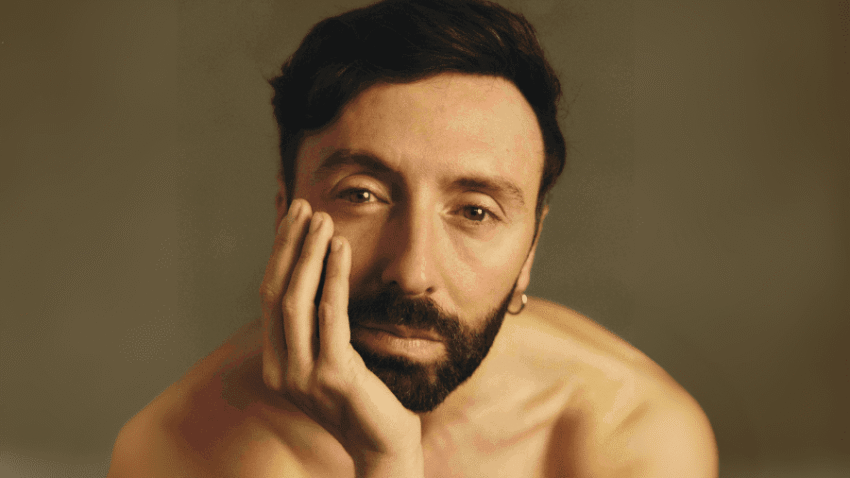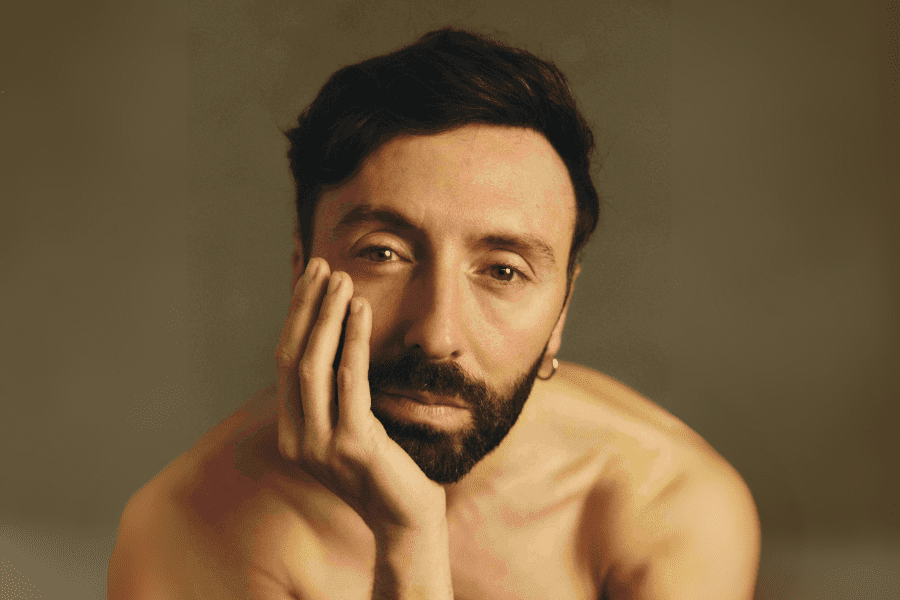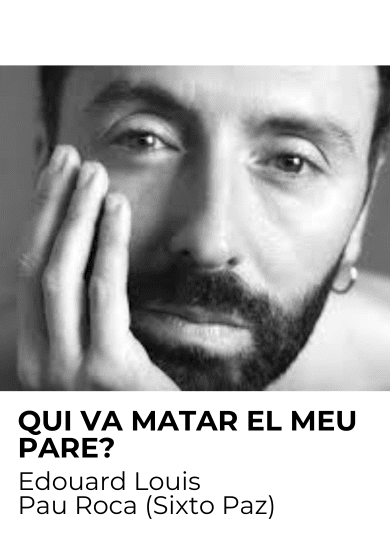
A bomb against working class stigmas
When published Who killed my fatherwith twenty-five years, I had little to do about a dozen theatrical adaptations around the world. Two of the most recognized directors of the international scene, Ivo van hove and Thomas Ostermeierhave made their versions of this story of forgiveness and family redemption and revenge against the system. The actor Dafnis Balduz has promoted a new adaptation under the direction of Pau Roca and the company’s umbrella Sixto Paz. “I had read Louis’s previous books, but this piece It went crazy. It is a mastodonic story, beast and unpaid, but it has very bright moments, “he says.

Dafnis Balduz
Who killed my father It starts from the moment the author visits his father, after years without contact. Sick, alcoholized and prostrate in a wheelchair after a work accident, he has decided to apologize for discriminating him to be homosexual, and to express the pride that he feels for the triumph of his career. Reconciliation will last little: the father dies. And this will be the trigger that the author charges against the system that has worsened the life of the parent, and so many other working class people. “He goes to the father, but also to the world,” says Balduz. “Encourages to make an energetic claim against injustice. You do not go defeated: the father did things as well as he knew. He had no destructive intention, he did what he considered best for his son, and he did not have tools to make it different, “he says.
“We are all mistaken. We are all victims and executioners. But there are citizens who have more opportunities to develop, question their actions and improve.” This class consciousness combative is one of the keys with which the young French author has made a place in European literature. The trilogy of novels that concludes Who killed my fatherinspired by his own life, strongly charges against the family, but also against the elements of the system that allow abuse such as bullying, homophobia, sexual assault, racism. The author does not have to look at a political state that has even encouraged this to happen.
“We deliver battles that don’t let us ever over.”
What pushed Balduz to want to represent this story is that it narrates in a very careful way “such as growing as homosexual in an absolutely proletarian environment, with great inculture, little chance of prospering and cruel towards difference.” LGTBIQ+ theme stories are a constant career of the Vilanova, “a coincidence” that has earned him the recognition of critics and the public. “Sometimes I get there for casting, as a The swallowbut I often act as an entanglement. With Who killed my father and Diamond dust I have been instigated because I saw two stories with a very powerful theatrical artifact “that speak of human conflicts without becoming an” ideological rally “. With commitment but also by exposing contradictions.
More information, pictures and entries:









